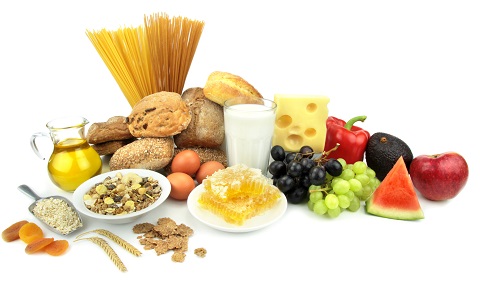Intravenous feedings are known as total parenteral nutrition (TPN).
 When a patient is incapacitated or not able to eat properly so that the gastrointestinal tract can digest and absorb food, the necessary elements of nutrition can be artificially provided through the blood. Essential nutrient needs are met by formula infusion into a large vein in the chest area. Life can be supported for decades with intravenous nutrition. The nutritional formula generally contains nutrients such as sugar and carbohydrates (for energy), proteins (for muscle strength), lipids (fat), electrolytes, and trace elements.
When a patient is incapacitated or not able to eat properly so that the gastrointestinal tract can digest and absorb food, the necessary elements of nutrition can be artificially provided through the blood. Essential nutrient needs are met by formula infusion into a large vein in the chest area. Life can be supported for decades with intravenous nutrition. The nutritional formula generally contains nutrients such as sugar and carbohydrates (for energy), proteins (for muscle strength), lipids (fat), electrolytes, and trace elements.
Benefits of a TPN Catheter
The benefit of intravenous nutrition is that it supports life for patients that have an illness that prevents them from eating. People who have complications from diseases such as crohn’s disease, ulcerative colitis, colon cancer, or other conditions may be left without enough functioning intestine to absorb nutrition. One hundred percent of nutritional needs can be met through carefully controlled intravenous feeding. People who require intravenous nutrition can live at home and lead a normal life; however, the daily infusion of nutrients must be done using sterile techniques to prevent complications.







